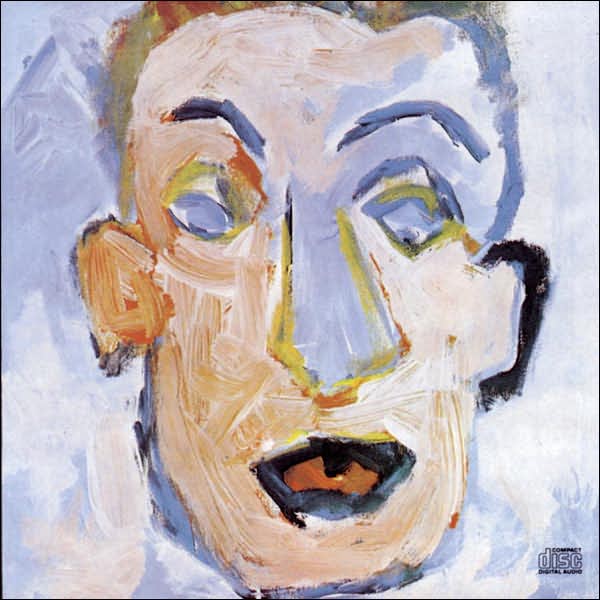Then today I read this quote from Thomas Pynchon and temporary generational amnesia is all so clear:
--V., Chapter Seven, Part I
“I daresay you haven’t had much practice,” said the Queen. “When I was your age, I always did it for half-an-hour a day. Why, sometimes I’ve believed in as many as six impossible things before breakfast…”


I've secretly always wanted this couch for my very own. I also secretly wish I could find an anaylist who has replicated one.
The New York Times writes:
"One of the most famous pieces of furniture in the world, Freud's couch, above, was where his patients reclined as their psyches were probed. It was not, however, a fainting couch or a chaise longue, like your Victorian antique. The couch where the likes of the composer Gustav Mahler and the American poet H. D. were treated was a decidedly more homespun affair hidden beneath a slipcover: a plump muslin-covered underbody with an integral sausagelike roll at one end, a large detached cushion for back support and two low fabric-covered platforms.
That analytic couch is still a feature of the cozy antiquities-strewn study at the Freud Museum at 20 Maresfield Gardens in London, a handsome brick mansion where the psychoanalyst lived from 1938 until his death a year later; it remained the home of his daughter Anna, a child psychoanalyst, until 1982. (Photographs and information are at freud.org.uk.)
The couch wasn't, however, upholstered in a kilim, which is a Middle Eastern rug with no soft pile. Then as now the couch — said to have been a gift to Freud from a patient around 1890 — was draped with a velvet-textured late-19th-century Qashqai Shekarlu wool carpet colored red and blue and patterned with flowers and diamond medallions. It was piled with soft cushions in moody shades of red, gold and green; a Persian carpet hung on the wall behind.
Freud would sit in a green velvet chair at the head of the couch while patients would recline, supported in a semi-upright position by the cushions..."
 Tav, the final letter of the Hebrew Alpeph Beit signifies endings but suggests there is more to come. Rabbi Michael Munk tells us that "Kabbalistic literature teaches that the Aleph Beit - representing all Divine forces - does not culminate with the Tav but turns around to unite again with the Aleph." Sefer Yetzirah, the Book of Creation, says "Their end is embedded in their beginning and their beginning in their end."
Tav, the final letter of the Hebrew Alpeph Beit signifies endings but suggests there is more to come. Rabbi Michael Munk tells us that "Kabbalistic literature teaches that the Aleph Beit - representing all Divine forces - does not culminate with the Tav but turns around to unite again with the Aleph." Sefer Yetzirah, the Book of Creation, says "Their end is embedded in their beginning and their beginning in their end." 
 Anne Zimmerman reports the nutmeg-colored Steinway upright John Lennon used to compose Imagine is currently on tour. Pictured above at the Virginia Tech campus where 32 students tragically lost their lives last fall, the piano has visited the sites of tragic events all over the country. Some are as famous as the Virginia Tech campus, a museum that lies in the wake of the carnage left by hurricane Katrina, and the site of the September 11, 2001, terrorist attacks. Others, such as private funerals, a gallery exhibit of war photography, a prison on execution eve, and a small town in Texas where an unsolved murder occurred more than 50 years ago, have also been visited by the piano.
Anne Zimmerman reports the nutmeg-colored Steinway upright John Lennon used to compose Imagine is currently on tour. Pictured above at the Virginia Tech campus where 32 students tragically lost their lives last fall, the piano has visited the sites of tragic events all over the country. Some are as famous as the Virginia Tech campus, a museum that lies in the wake of the carnage left by hurricane Katrina, and the site of the September 11, 2001, terrorist attacks. Others, such as private funerals, a gallery exhibit of war photography, a prison on execution eve, and a small town in Texas where an unsolved murder occurred more than 50 years ago, have also been visited by the piano.

